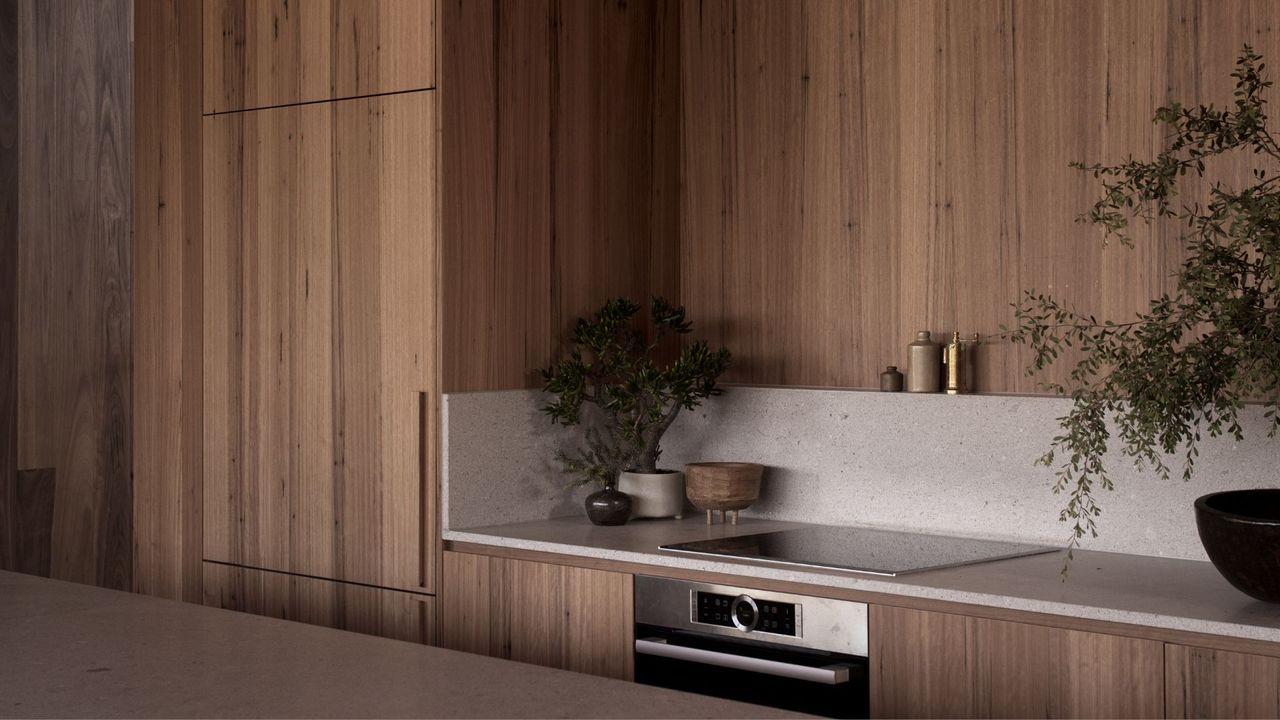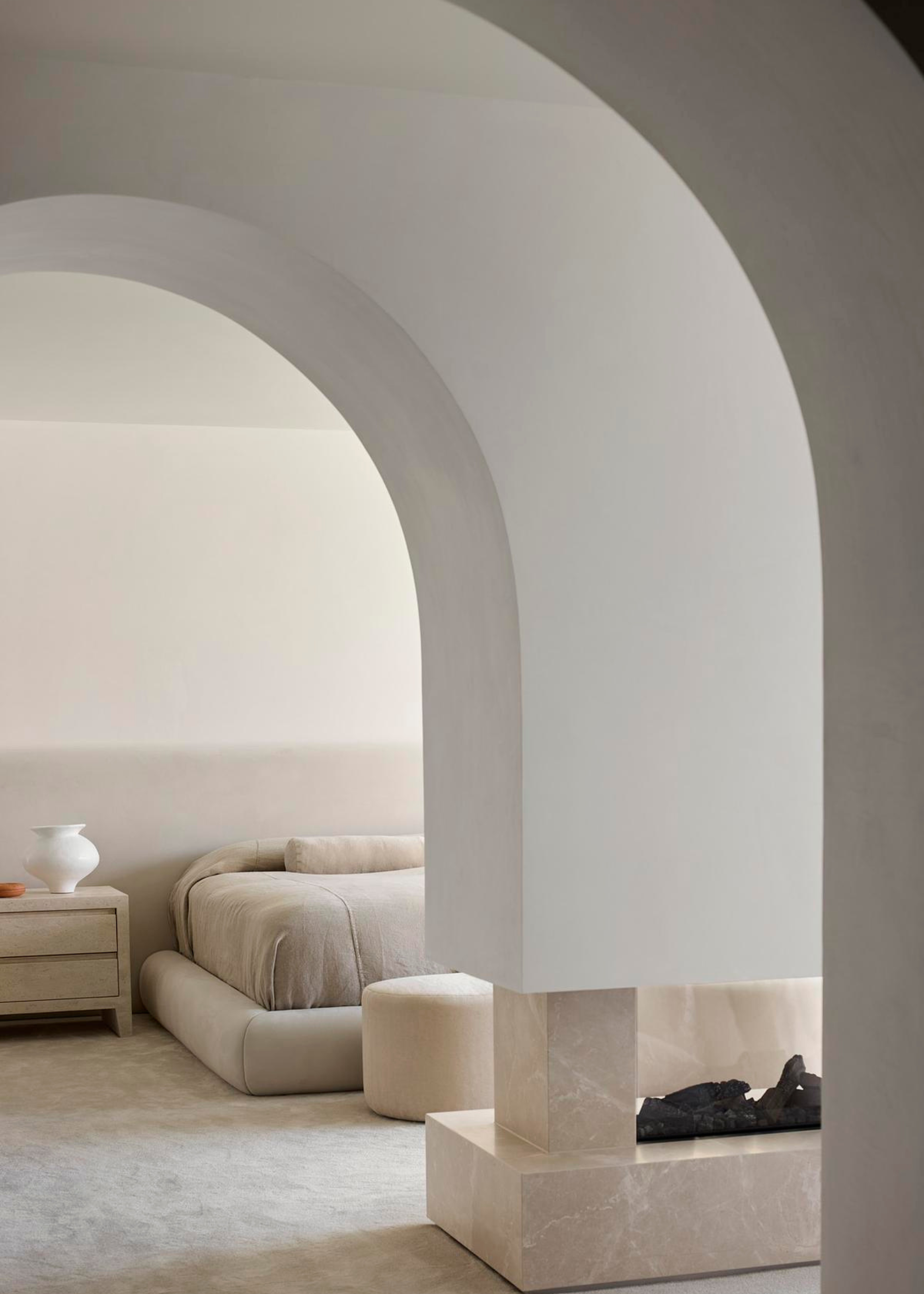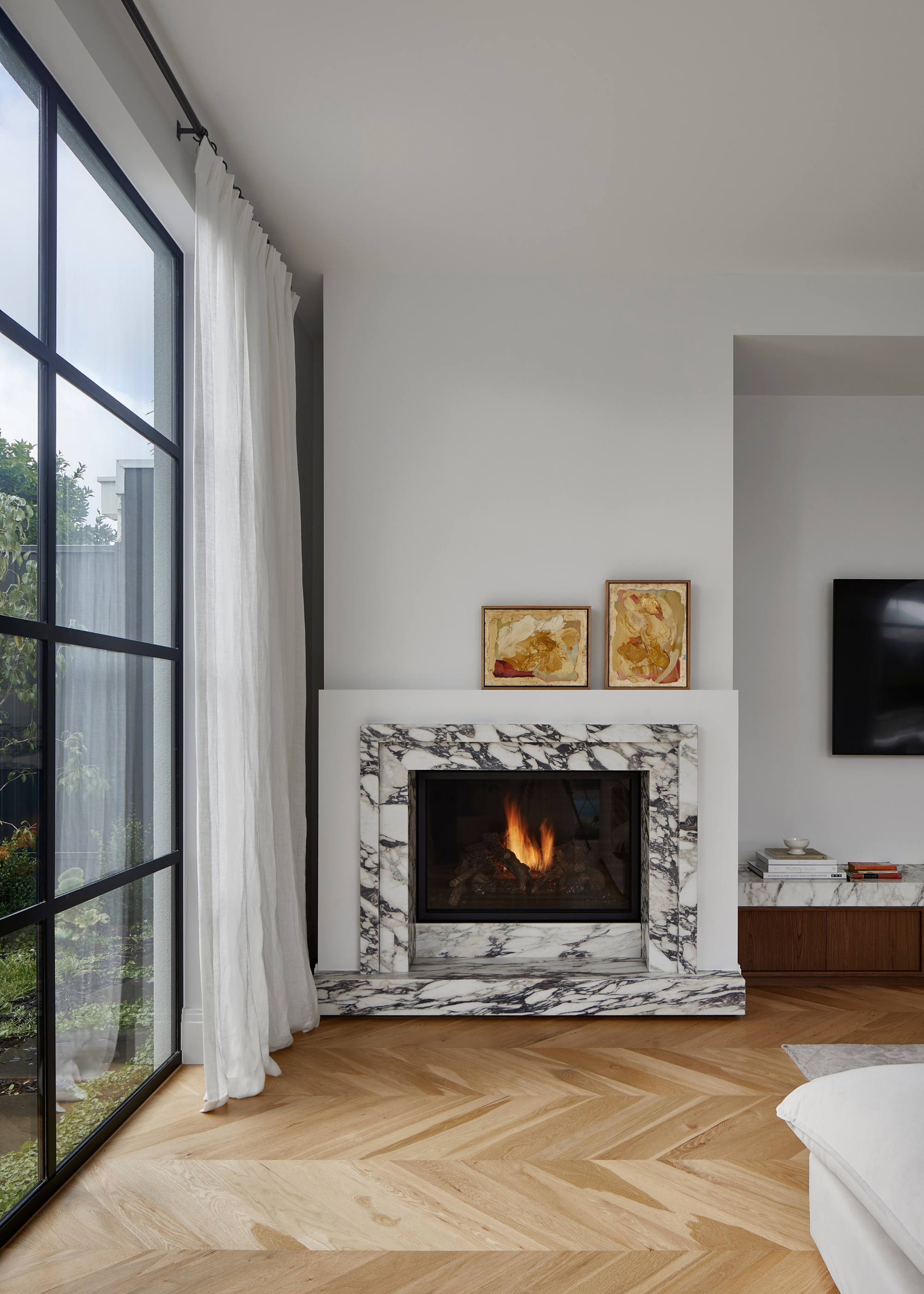
When it comes to decluttering, more often than not, it's far easier said than done. It can be tough to part ways with certain belongings, even if they no longer serve you. Even just making a list to plan your clutter detox can prove tough.
However, this task is inevitable. And it's important to learn how to declutter when you're overwhelmed. So, in place of strict clutter culling, let me introduce you to a softer approach in the form of slow decluttering.
This will ease the process of paring back your home and help you keep calm amidst the chore at hand. Let's find out how.
What Is Slow Decluttering?

"Slow decluttering is exactly what it sounds like," says professional organizer Di Ter Avest. "Taking the process one small step at a time instead of trying to overhaul your whole house in one weekend."
She explains that it's more about being intentional, going at your own pace, and giving yourself space to make decisions without pressure. "You can think of it like a gentle reset, rather than a massive purge," she suggests.
No ruthless decluttering here. But rather a friendlier approach to learning how to declutter room by room. And while you might not feel the instant satisfaction of a completely cleared space, you can rejoice in small wins and work your way through and up.
How to Practice Slow Decluttering at Home

According to Di, you can practice slow decluttering at home by setting tiny, doable goals. "For example, today you sort just one drawer. Tomorrow, maybe you will go through a handful of clothes. There’s no rush," she assures.
"The key is consistency and giving yourself permission to take breaks. Some people set a timer for 15 minutes, others pair it with a routine, like decluttering a living room while chatting on the phone or decluttering a kitchen while waiting for dinner to cook."
After a long and tiring week, I use the slow decluttering method to make some progress in restoring organized peace to my space. However, instead of using a timer, I like to put on a podcast or even an album I've been meaning to explore.
Once the podcast ends or the album is complete, I'll take a break and proceed from there. If I'm free from overwhelm and motivated enough to continue, I'll tackle a new space. And if not, I'll take a moment to accept the progress I've made so far.
Good Reads for Clutter Blocks
Format: Paperback
'Mind Over Clutter: Cleaning Your Way to a Calm and Happy Home' by Nicola Lewis is the perfect read for when you can't seem to get ahead of the mental block that's keeping you from your tidy space.
Format: Paperback
'Motivational Decluttering Journal: A 90-Day Journal & Workbook' by Sunny Meridian includes easy-to-follow tips, plenty of advice, and lots of space for you to track your decluttering wins.
Format: Hardcover
'Less is More: Unlocking Happiness Through Minimalism' by Jane Harper is a guide to understanding the relationship between decluttering and minimalism, and its many benefits.
FAQs
Why Do I Have a Hard Time Decluttering?
Di tells me that many of us struggle with decluttering because stuff holds emotions. "It’s tied to memories, guilt, 'just in case' thinking, or even identity. Plus, decision fatigue is real," she adds.
"It’s exhausting to make choice after choice, especially when you're already juggling a lot. Some people also don’t know where to start. That’s why slow decluttering can feel so refreshing. It gives you time to really think, reflect, and let go with less overwhelm."
Sometimes, all you need is a little inspiration to help guide you through your daily declutter, and I find that this list of things minimalists throw out every day is the ultimate helping hand.







